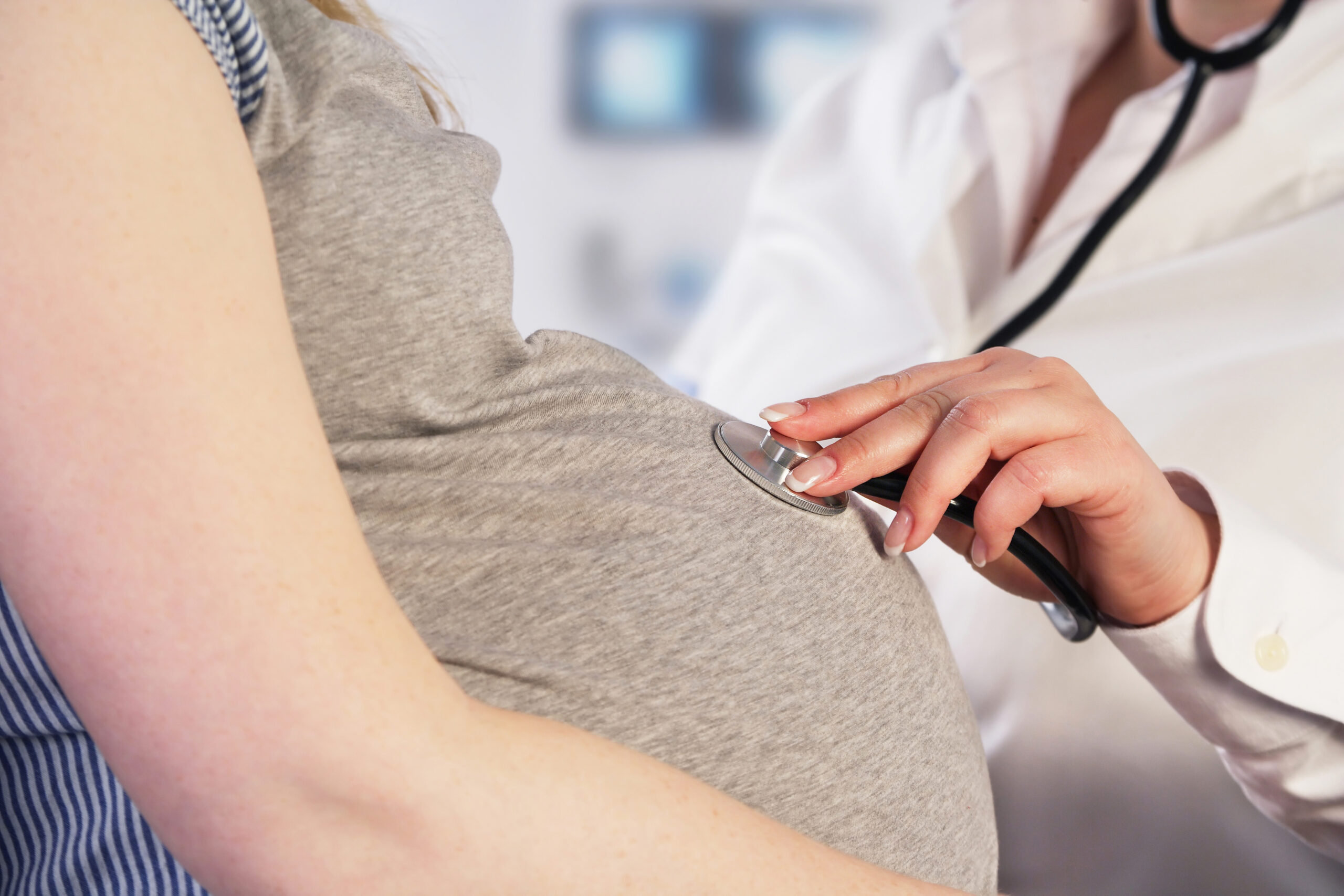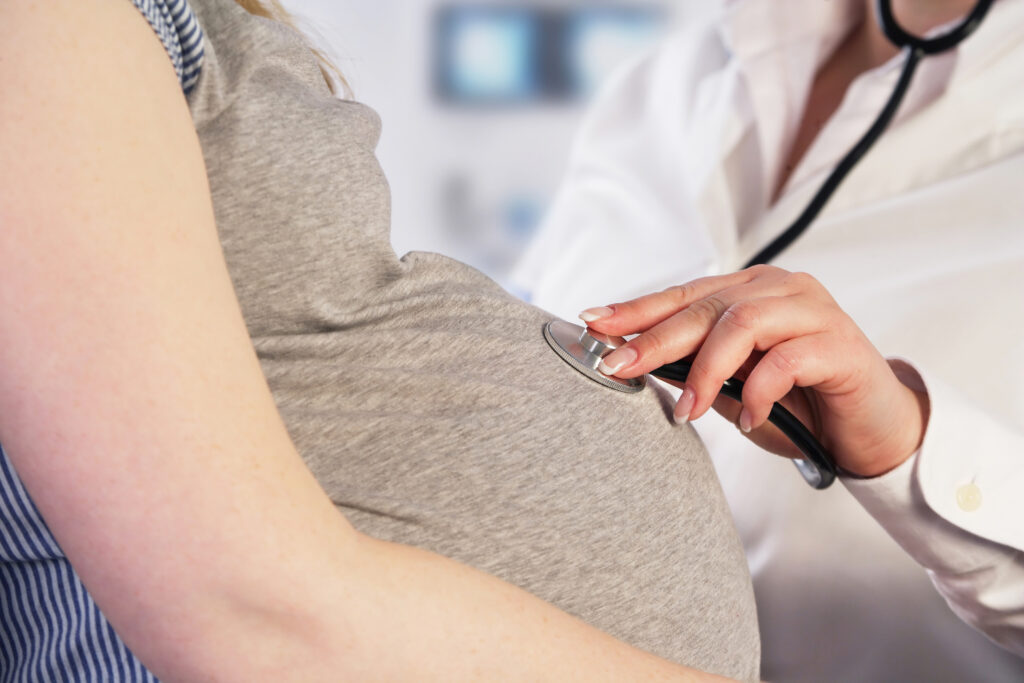There are many things you should do not if you’re pregnant, trying to become pregnant, or if your significant other is expecting. One of those things is taking opioids. Today, we’re going to talk about how opioid use during pregnancy affects everyone regardless of who takes it.
Opioid Use During Pregnancy – The Mother Perspective
This is actually more common than you think, as many painkillers are opiates. According to 2019 self-reported data from the CDC, about 7% of women reported using prescription opioid pain relievers during pregnancy. Of those, 1 in 5 reported misuse, meaning they got them from a source that wasn’t their doctor or used them for other reasons beyond pain relief.
If used correctly, as prescribed by your doctor, you should see no effects on your pregnancy. They are not the safest drugs to take, but we at Direct2Recovery do recognize that some women do not have other alternatives. However, it’s the misuse of them that causes problems.
Misuse can lead to stress, unhealthy habits, and a focus on your addiction instead of your family. It can also lead to overdoses, which can be fatal.
Health-wise, opioid misuse during pregnancy has been linked to some adverse health effects for both mothers and their babies. As an example, for mothers, opioid use disorder has been linked to maternal death for babies, preterm birth, stillbirth, and neonatal abstinence syndrome.
Infants exposed to opioids during pregnancy might be more likely to:
- Be born preterm
- Have poor fetal growth
- Have longer hospital stays after birth;
- Be re-hospitalized within 30 days of being born
- Be born with birth defects.
The effects of prenatal opioid exposure over time is largely unknown.
Neonatal Abstinence Syndrome (NAS)
When you, as an expectant mother, are taking opioids, that means your unborn child is taking them too. That means they can be addicted to opioids before they’re even born. Once they’re born, they’re no longer getting exposed to the opioids, and therefore will go through withdrawal.
This can be fatal for newborns. Signs of withdrawal usually begin within 72 hours after birth and may include the following:
- Tremors
- Irritability, including excessive or high-pitched crying
- Sleep problems
- Hyperactive reflexes
- Seizures
- Yawning, stuffy nose, or sneezing
- Poor feeding and sucking
- Vomiting
- Loose stools and dehydration
- Increased sweating
These symptoms vary based on how long they’ve been exposed to opioids, the amount they were exposed to, if the baby was full-term or premature, and if they were exposed to other substances as well, such as alcohol or tobacco before birth.
Opioid Use During Pregnancy – The Father Perspective
If fathers take opioids while their significant other is pregnant, there are still consequences. Just because he isn’t carrying the baby, doesn’t mean he doesn’t affect its health.
A paternal exposure is anything the father of the baby is exposed to before or during his partner’s pregnancy. This includes things such as alcohol, tobacco and other drugs, chemotherapy or radiation treatments (for conditions like cancer), workplace exposures, and prescription or over-the-counter medications.
But does it affect pregnancy? Actually, yes. Exposure to opioids and other drugs can affect the father’s fertility, which means it will be harder for the couple to get pregnant. It can also reduce his sex drive, reduce his ability to perform sexually, and change his sperm (reduce the count and impact how they work). He can actually become infertile while taking drugs!
Additionally, if you do manage to succeed in getting your partner pregnant, there is an increased risk for birth defects, even if the mother is sober. If you, as an expectant father, are taking drugs, then those drugs can be found in trace amounts in your semen. Thankfully, they are usually not found in high enough amounts to put your baby at risk, but more research needs to be done to confirm this.
So no Birth Defects Means the Father is Off the Hook?
Just because the expectant father is unlikely to cause any birth defects if he uses opioids, does not mean he is off the hook. Opioid use is a slippery slope that often leads to failed relationships and financial hardships. It is likely that your drug use will cause strain in your relationship and in your family life.
This strain can add stress to the expectant mother, which is not good for the baby.
Additionally, it is very likely that if you misuse opioids, you will not be able to care for your pregnant partner and newborn child as well as you could if you were sober. Your focus won’t be on your family — it will likely be on your addiction.
As you can see, opioid use during pregnancy affects everyone, no matter who is using. Your child will likely feel the brunt of it, which is unfair to them. So if you’re looking to start a family or are expecting, get help today. Our medication-assisted treatment and counseling increases your chances of getting and staying clean. Call today.





